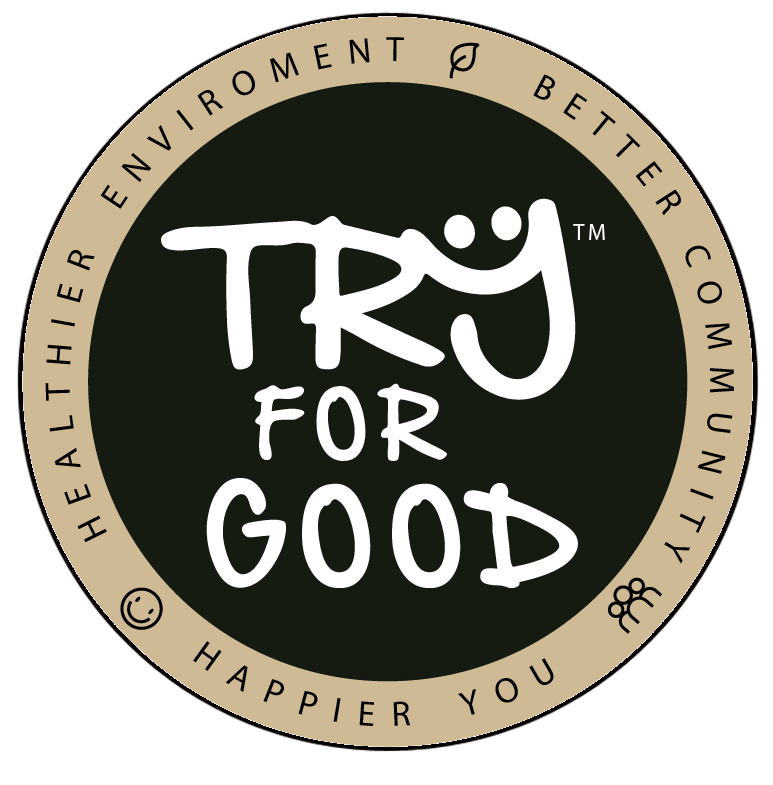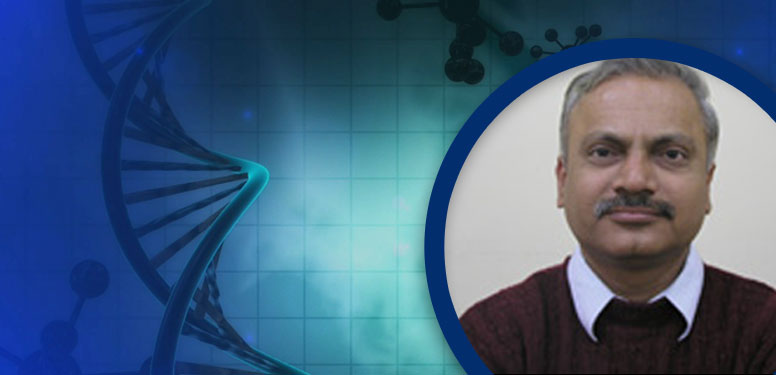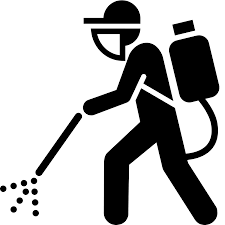From a general reader’s perspective given below is the general description of the principal food crops, fruits and vegetables, and their common insect pests. Further, is the detail of commonly used pesticides, herbicides etc. The pesticides are important for crop protection and followed with proper knowledge, by the time the food is ready for consumption, these breakdown into harmless metabolites. …
Food Storage & Distribution
India is an agro-based economy with about 70% of the population engaged in agriculture or related activities. It has 70-80% land under plow making it 2nd largest cultivar in the world after USA. In India, the primary food grains are Rice and Wheat which account for 41% and 35% respectively of the total food production and makes it rank among …
Dr. Krishna Mohan: Microbiologist, BISR
The topic of GM Food is as interesting and debatable as it can get! The proponents establish safety alongside the efficacy of feeding the rising population while also curbing the use of harmful pesticides. The opponents loom the fear of the unknown by going against nature. Dr. Anju discusses the scenario with Dr. Krishna Mohan, who is a microbiologist and …
Principal GMO crops in the world and food labeling
Even though the GM products are hitting the shelves in the developed and developing countries, with the rising awareness consumers, want to make an informed decision on what they consume. They demand GMO labeling especially with the known food allergies or the reports that throw light on the new proteins which could be toxic to digestive, immune or reproductive health. …
What are GM and GMO?
Genetic Modification is a laboratory process in which desired traits of an organism (for example, a drought-resistant crop) are extracted by picking its genes and artificially introducing them into another desired organism (for instance a high yielding crop). Thus the resultant will be a Genetically Modified Organism (GMO) which is a high yielding drought resistant crop. While hybridization and breeding …
GMO Controversy
Genetic engineering has been used in the agriculture sector since the 1980s. The technology is seen as a powerful tool for intensifying crops productivity, meet the rising food demands, save lands, eliminate the dependency on fertilizers, pesticides etc. Yet GMO controversy continues for its effects on human health and environment safety. GMO is an efficient way to feed the world …
GMO landscape in India
Currently India has only one approved crop i.e. BT Cotton. Even though it has been controversial with its produce being nearly doubled in less than a decade, making India as the second largest cotton producer in the world. BT stands for Bacillus thuringiensis, a bacteria that produces a kind of protein that kills the common crop pest bollworm. More than …
Organic gardening at home
Organic gardening is a great way to produce vegetables naturally at home. With the fear of residual pesticides on food and harmful chemical sprays or injections for ripening of fruits, there is an ever-growing interest among people to grow vegetables at home. There may time and space constraints but some herbs and veggies may just need little space and care. …
Pesticides residues to be aware of in common foods
Foods & vegetables are essential in our diet for providing complete nutrition to our body But these days chances of residual pesticides on fruits and vegetables or the chemical exposure for early ripening of harvest are very common, which is an increasing threat to our health. Fruits and vegetables in the market often tend to exceed a set limit of …
Pesticides Effects on human health and ecosystem
Pesticides, herbicides, fungicides are all chemical formulations to kills insects, pests, weed, fungi etc. to protect crops, save the yield for our food and supplies. Excessive or abuse of these chemicals is harmful to humans and the environment. WHO estimates that there are 30 lakh cases of pesticides poisoning and above 2 lakhs deaths each year in the developing countries. …






